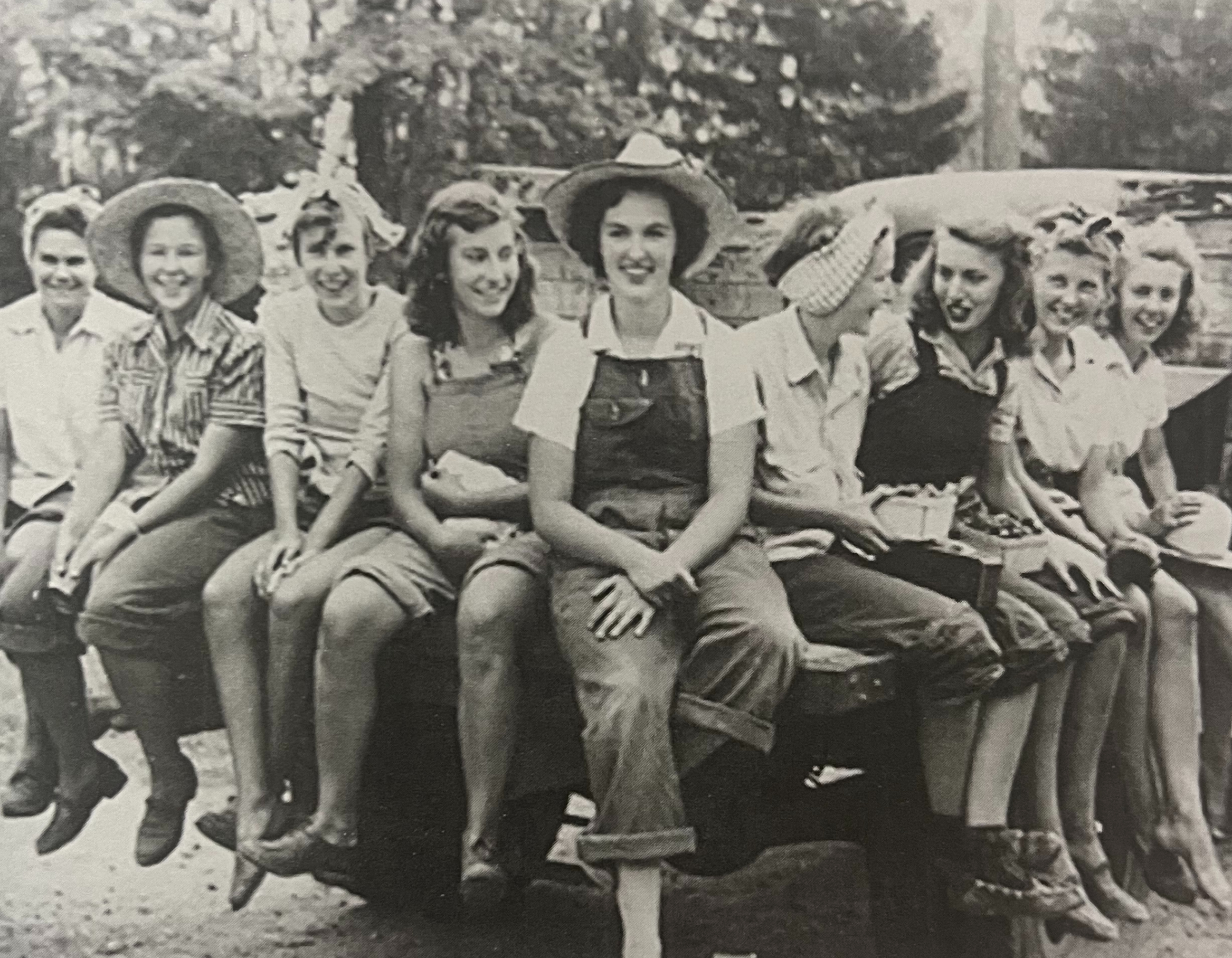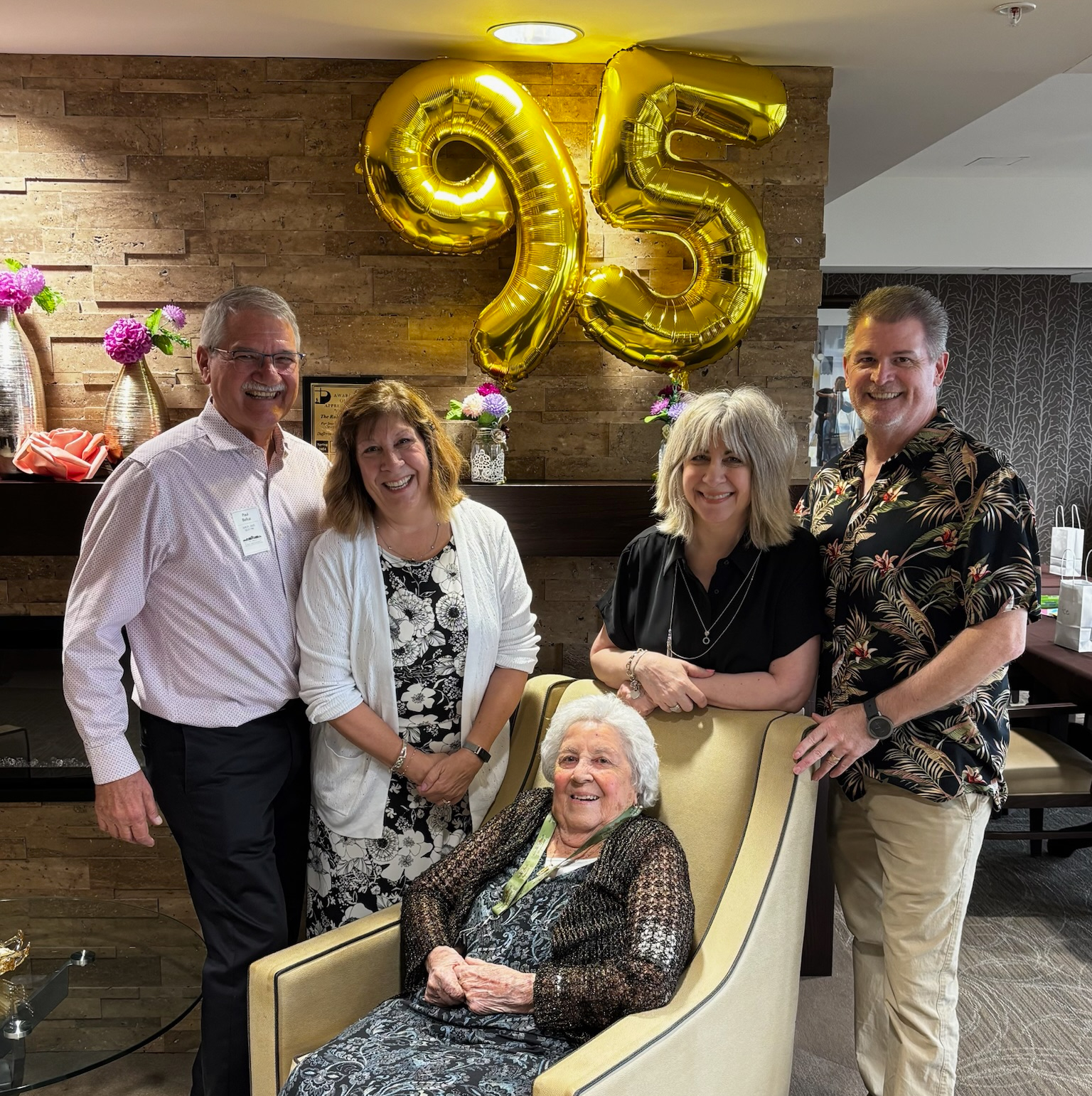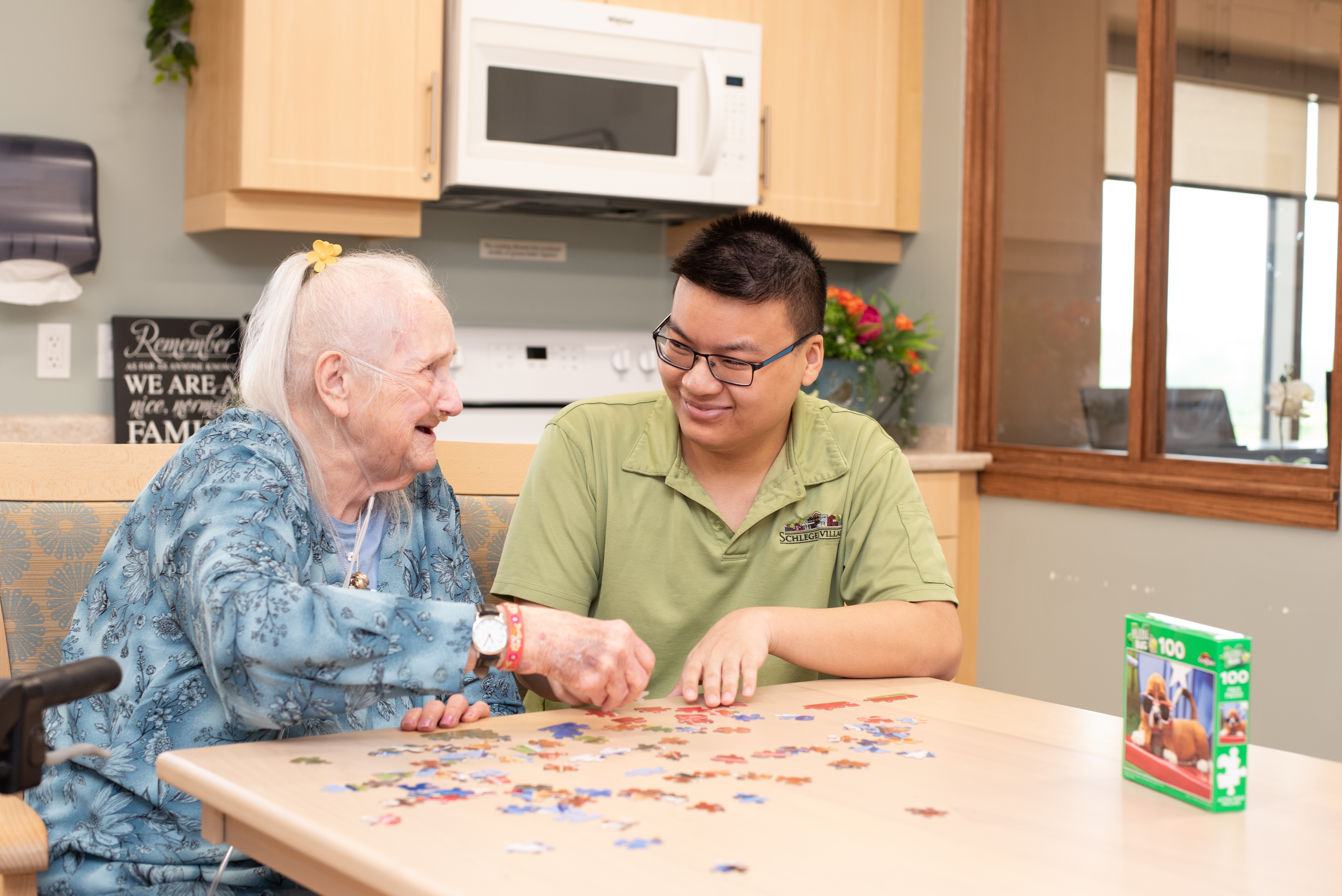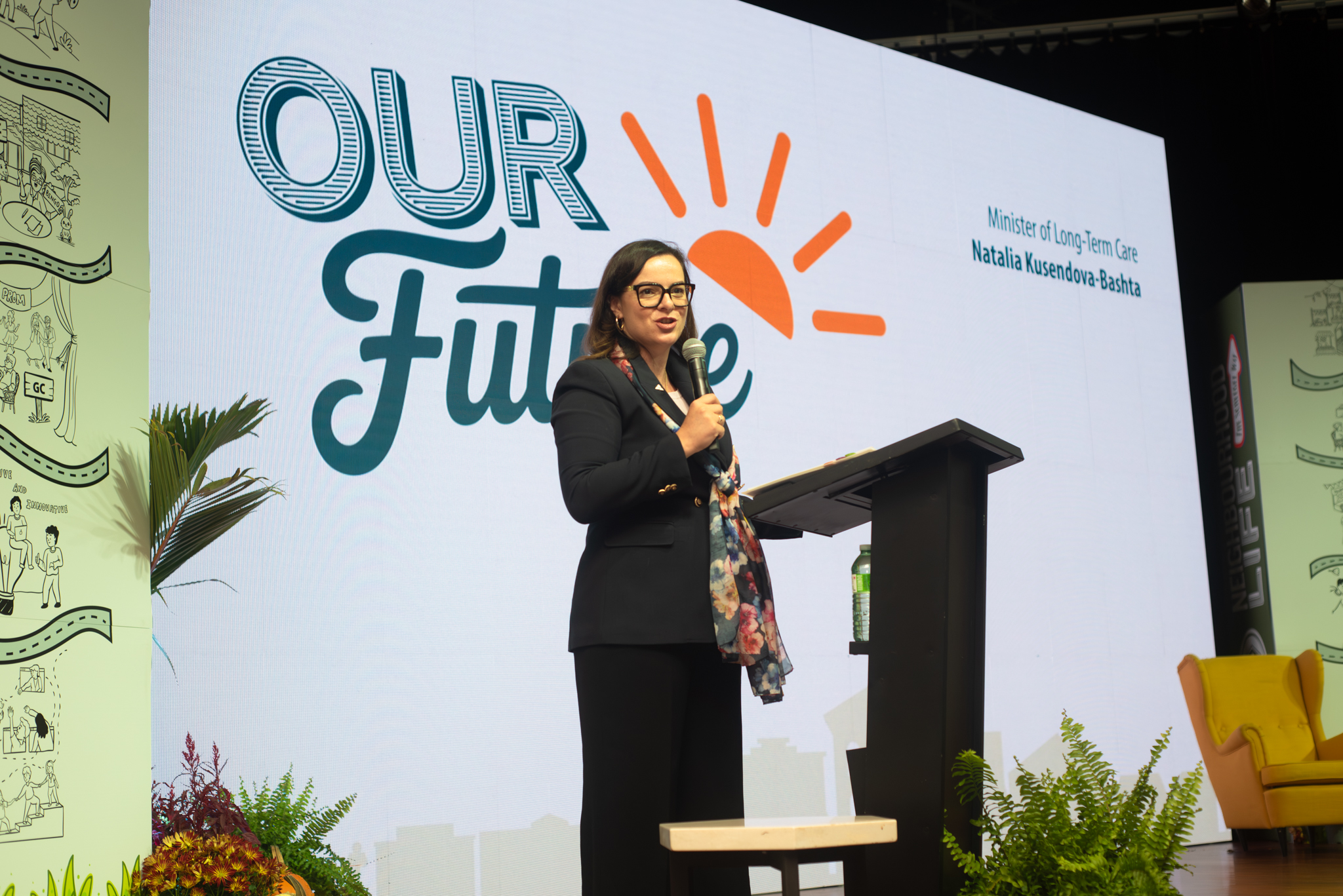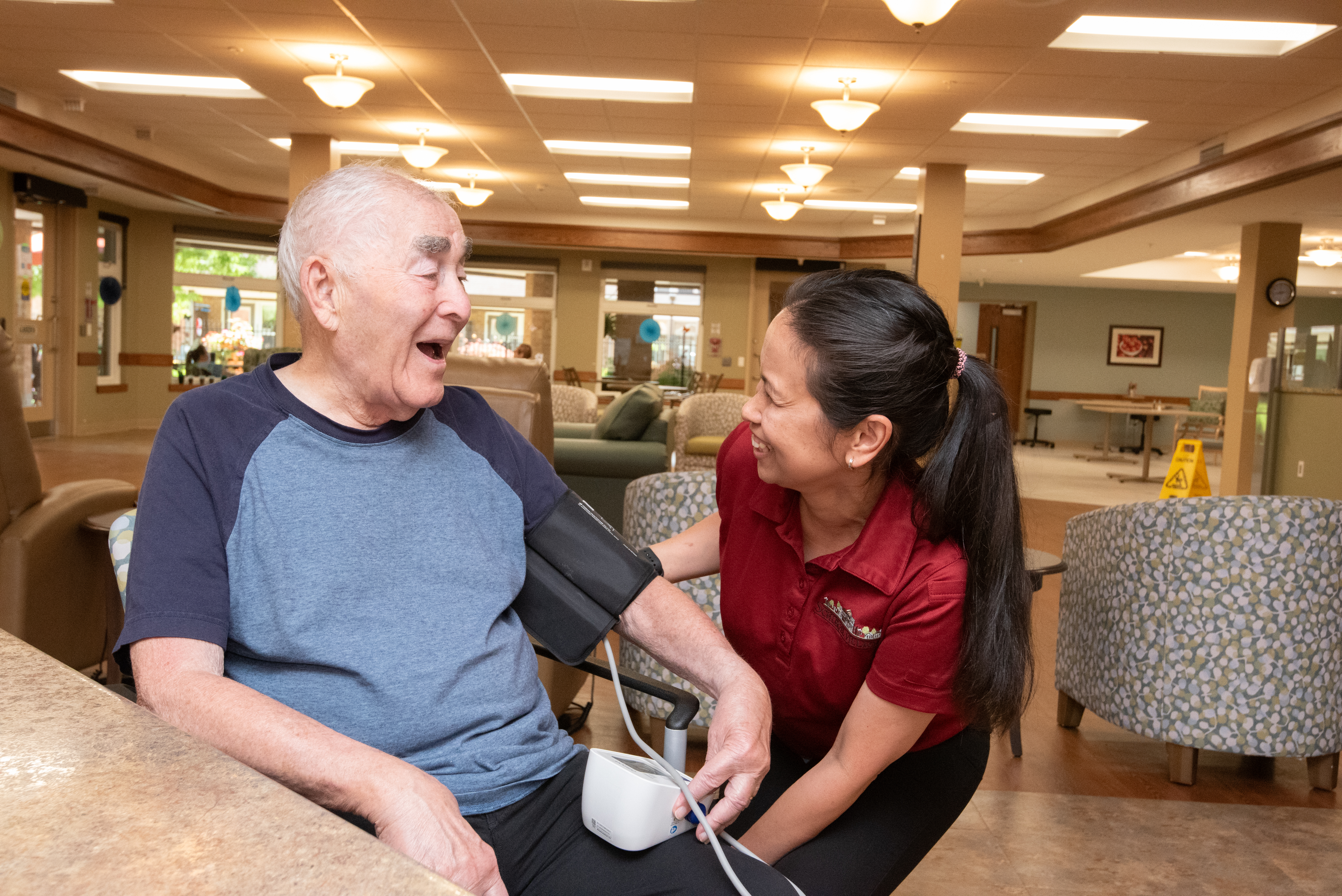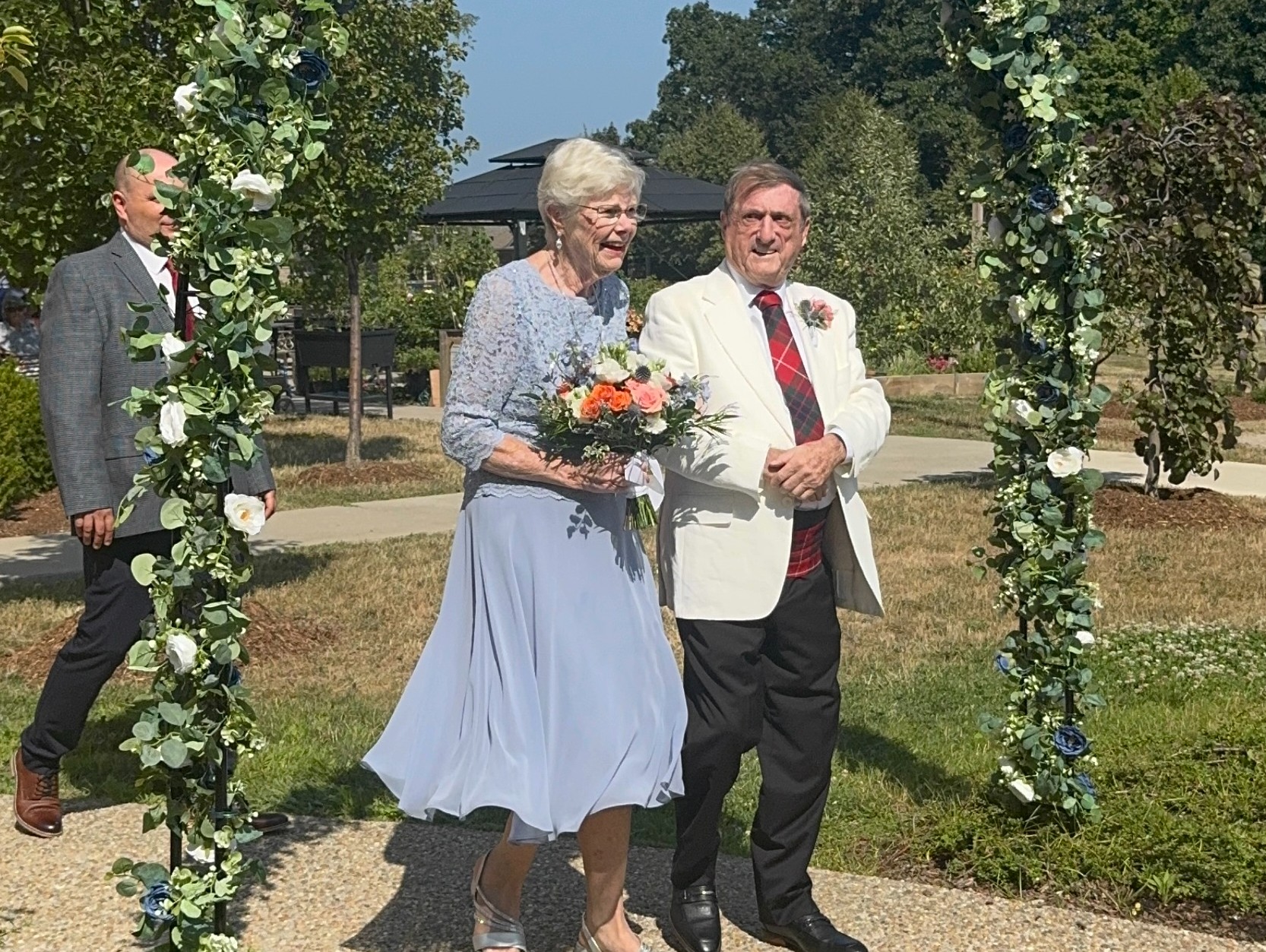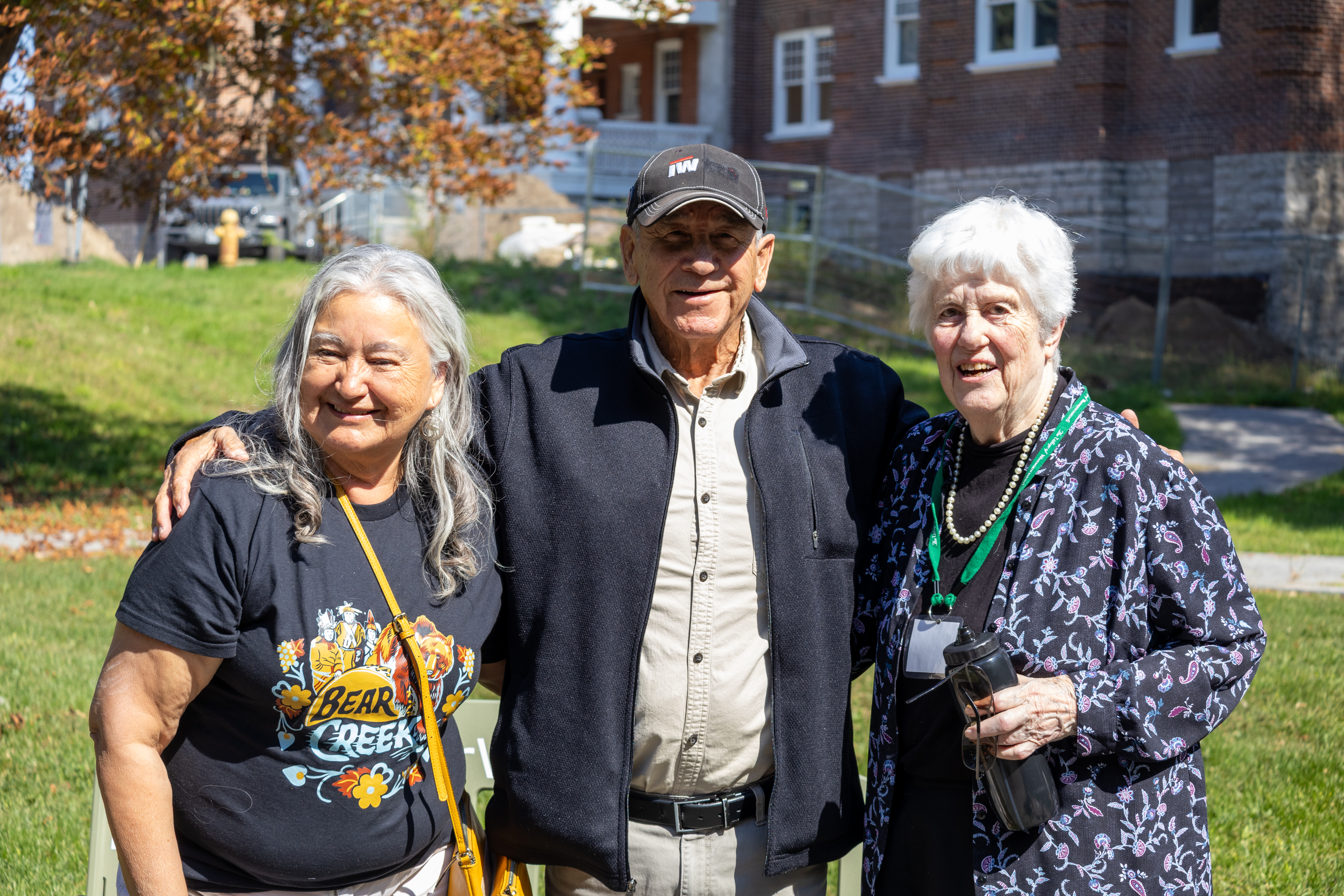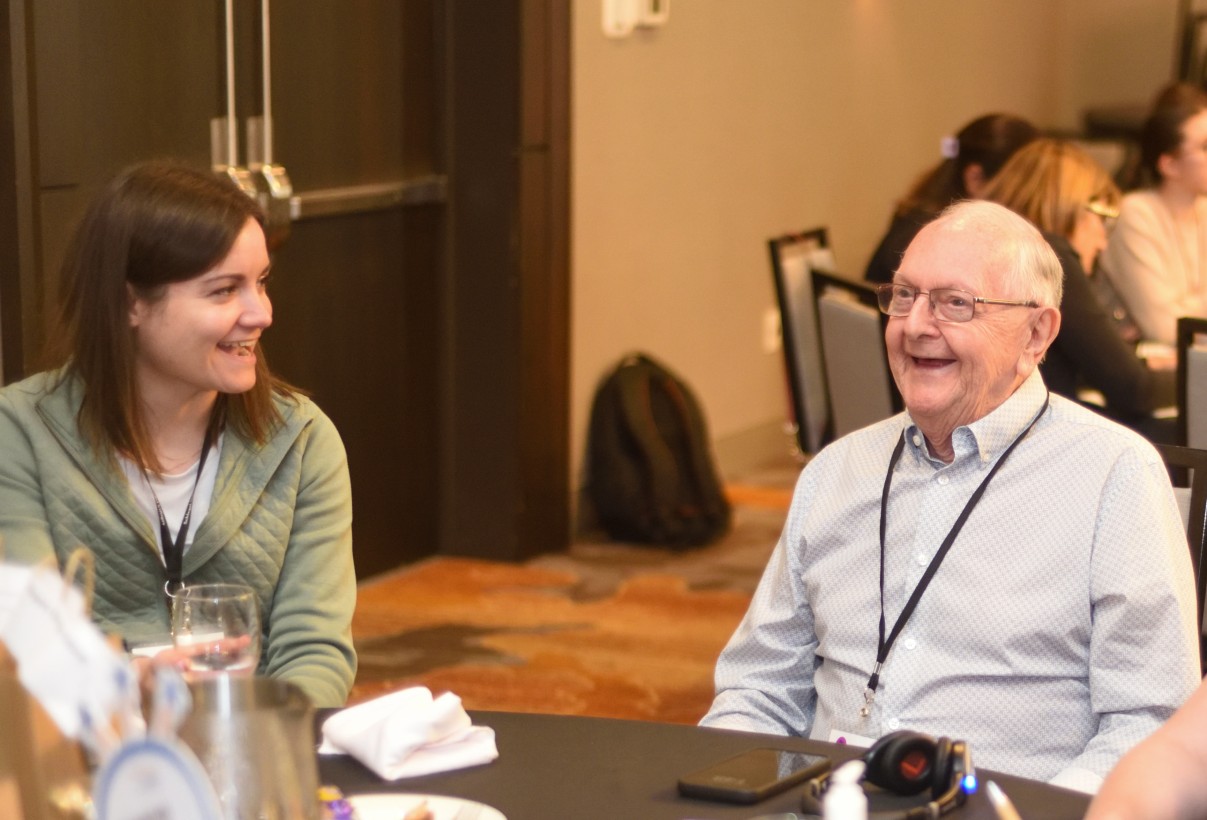Dementia in all its many forms affects millions of people around the world and within Schlegel Villages and its neighbouring long-term care and retirement communities, a large percentage of residents either live with or support someone who is living with dementia.

We are misguided if we only equate living with dementia with
thoughts of decline and loss, for when we meet people and
support them where they are in the moment, we see they
still have much to contribute to the world around them.
Despite the fact that more and more people are connected to the condition as our populations grow older, dementia remains a misunderstood condition. People are fearful of what they don’t understand and, in many regards, this fear continues to spread along with the stereotypes. When we raise awareness, however, we change perceptions and find it a little easier to help those living with dementia to live their best life. As we look to the beginning of Alzheimer’s Awareness Month this January, we ask two thought leaders on the subject to share a few key insights.
To be clear, Alzheimer’s disease is the most common form of dementia, but we feel it’s important to raise awareness on all levels, which is why we speak of dementia as a whole.
“Many times, a specific dementia diagnosis (e.g., Alzheimer's disease, vascular disease) is not made,” explains Dr. Carrie McAiney, Schlegel Research Chair in Dementia with the Research Institute for Aging (RIA) in Waterloo. “Instead, the diagnosis is often ‘dementia’. Therefore, if we focus only on Alzheimer's disease, there's the possibility that we are excluding people, or that those without a specific diagnosis feel excluded. The key is to be inclusive and to help people understand that dementia is a syndrome.”

LIVING in My Today helps team members walk
alongside our residents, wherever they are in their journey.
“Different types of dementia can have different kinds of symptoms as well,” adds Carrie’s partner at the RIA, Dr. Allen Power, Schlegel Chair in Aging and Dementia Innovation. “Only seeing everyone as if they have Alzheimer's may miss some important differences in what people are experiencing.”
As a syndrome, there are many changes that come with dementia that may affect a person’s perception of the world around them; their senses may change or their memories may become difficult to access, for example, but their most basic human qualities and needs remain central. This can be far too easy to lose sight of because when the words ‘dementia’ or ‘Alzheimer’s disease’ first arise, immediate reactions tend to focus on other words like ‘loss’, ‘decline’ or ‘fading away.’ This fits with the common narrative that unfolded when Western societies began treating aging like a disease to be cured, and that narrative is something Schlegel Villages and its partners desperately want to change.
“When we focus only on what is wrong or missing with people, we fail to understand what intact strengths and abilities people have, in spite of their condition,” Al says. “These abilities can be harnessed to help each person to engage more fully and to maximize their well-being.
“Only seeing people for their deficits magnifies the stigmas of dementia,” Al adds, “and causes us to sell people short in judging what they may be able to do.”
Carrie points out that people living with dementia can still contribute in countless ways, not only in their own care but in larger questions of our understanding of the condition. During Alzheimer’s Awareness Month, this is a key message to remember.
“There are a growing number of individuals living with dementia that are showing us what they can do and the difference they can make,” Carrie says. “There is a possibility (when we change the narrative) that the public will not make assumptions about what people can and can't do.
“Providing more opportunities for those with dementia to contribute will have significant impacts for everyone.”
To read the full interviews with Carrie McAiney and Al Power, visit the ‘Ask the Expert’ section of our website here.
During the month of January, we want to focus on key aspects of the Schlegel Villages LIVING In My Today dementia program. This program guides our approach to support for those residents who live with the condition, and helps us meet them where they are in their journey, day-to-day, moment-to-moment.To learn more about The RIA, please visit their website here.
- Previous
- View All News
- Next
